
7 Resistance Band Ab Moves That Torch Belly Fat and Build Core Power
This variation transforms a simple bridge into a powerhouse move, strengthening not only your glutes but also your deep core muscles, lower back, and hip stabilizers.

Heart attack is the leading cause of death in the United States. Although a heart attack (also called myocardial infarction) is often linked to underlying heart disease, many individuals show no warning signs until the moment it happens. For some, the first sign of trouble is the heart attack itself—sudden, severe, and potentially fatal.
What’s truly remarkable—and perhaps frustrating—is that while heart attacks are alarmingly common and life-threatening, the vast majority of them are preventable. In fact, research has shown that up to 80% of heart attacks could be avoided by adopting a few key lifestyle changes.
In this article, you’ll learn what causes heart attacks, how to spot the warning signs, and which specific habits can dramatically reduce your risk.
According to the Mayo Clinic, heart attacks usually occur when one or more of your coronary arteries—the arteries that supply blood to your heart muscle—become blocked. This blockage is most often the result of atherosclerosis, a condition in which fatty deposits like cholesterol build up in the arterial walls and restrict blood flow.
However, a heart attack doesn’t always result from this gradual clogging. Other causes include:
Coronary artery spasms: Sudden constriction of the artery, sometimes triggered by tobacco or drug use (especially stimulants like cocaine).
Spontaneous coronary artery dissection (SCAD): A rare condition where a tear forms in the artery wall.
Blood clots: These can block arteries and are often triggered by ruptured plaques within already narrowed vessels.
Most people associate heart attacks with intense chest pain. While that is a classic symptom, there are several others to be aware of:
Shortness of breath
Nausea or vomiting
Dizziness or lightheadedness
Pain in the jaw, neck, back, or shoulders
Unusual fatigue
Cold sweats
Some people, particularly women, may experience subtler symptoms or no chest pain at all. Recognizing these signs early and acting quickly can save lives.
To learn more, check out this detailed guide: 10 Heart Attack Symptoms You Should Never Ignore.
Before diving into the five life-changing habits, it’s crucial to address one often-overlooked danger: added sugar.
Modern research strongly links excessive sugar intake to cardiovascular disease. Even individuals with normal weight and no history of diabetes can be at risk.
A 2014 study in JAMA Internal Medicine found that people who consumed 25% or more of their daily calories from added sugars were more than twice as likely to die from heart disease compared to those who consumed less than 10%.
More recently, a 2023 review in the British Medical Journal reaffirmed that added sugars—especially from sweetened beverages—were significantly associated with:
Heart attacks
Strokes
Type 2 diabetes
Metabolic syndrome
Bottom line: Reducing your added sugar intake is one of the most effective and immediate steps you can take to protect your heart.
A long-term study by Sweden’s Karolinska Institute, published in the Journal of the American College of Cardiology, followed over 20,000 men for 11 years. The results were staggering: participants who followed just five specific healthy habits reduced their risk of heart attack by 79%.
Here are the five life-saving habits they identified:
A balanced, nutrient-dense diet is the foundation of cardiovascular health. This means:
High intake of fruits and vegetables
Whole grains
Lean proteins (including plant-based sources like legumes, nuts, and seeds)
Healthy fats (such as those found in olive oil, avocados, and fatty fish)
Avoid processed foods, trans fats, and excess sodium. Fiber-rich foods help reduce cholesterol, and antioxidants protect against arterial damage.
If you're unsure where to start, consider exploring the Mediterranean diet, widely praised for its heart benefits.
Smoking is one of the strongest preventable risk factors for heart disease. The chemicals in tobacco can:
Damage blood vessels
Increase plaque buildup
Reduce oxygen in your blood
Raise your heart rate and blood pressure
Quitting smoking—even if you’ve smoked for years—can significantly reduce your risk in a matter of months. Support is available through nicotine replacement therapies, counseling, or natural methods.
Exercise strengthens your heart, improves blood flow, and helps control blood pressure and cholesterol. The Swedish study recommended:
Walking or biking at least 40 minutes a day
Exercising more than one hour per week
But many health experts suggest even more: aim for 150 minutes of moderate-intensity aerobic exercise weekly (e.g., brisk walking or cycling), or 75 minutes of vigorous activity (e.g., running or HIIT).
If you're sedentary, start small—even short walks make a difference.
Abdominal fat is particularly dangerous. It often indicates visceral fat, which wraps around internal organs and increases your risk for metabolic disorders.
The study found that a waist circumference under 95 cm (about 37 inches) was associated with significantly lower risk.
Even modest weight loss can improve insulin sensitivity and reduce blood pressure. For fat-loss tips, try:
Cutting sugar and refined carbs
Eating more protein and fiber
Prioritizing sleep and stress management
While excessive alcohol is clearly harmful, moderate consumption may offer some protective effects. The study defined moderation as:
10–30 grams of alcohol per day
This roughly translates to:
1–2 drinks per day for men
1 drink per day for women
However, the safest bet for heart health is limiting alcohol or abstaining altogether, especially if you have high blood pressure or liver issues.
In addition to the five lifestyle changes above, other factors can play a vital role in heart attack prevention:
Chronic stress elevates cortisol, which can increase inflammation, blood pressure, and plaque formation. High-stress events have even been shown to trigger heart attacks.
Combat stress through:
Meditation or deep breathing
Yoga
Hobbies
Talking to supportive friends or a therapist
Diabetes increases your risk for heart disease by two to four times. Managing blood sugar, especially through diet and exercise, is critical.
High blood pressure (hypertension) is another silent killer. Regular monitoring, a low-sodium diet, and natural remedies like magnesium, potassium-rich foods, and garlic may help reduce your numbers.
It’s both empowering and sobering to realize that most heart attacks are preventable. With knowledge and consistent effort, you can dramatically reduce your risk and improve your quality of life.
Here's a quick summary:
Cut added sugar
Eat real, whole foods
Get active daily
Quit smoking
Keep your waistline in check
Drink moderately—if at all
Manage stress and blood sugar
Your daily choices add up. The earlier you start making changes, the more your heart will thank you.

This variation transforms a simple bridge into a powerhouse move, strengthening not only your glutes but also your deep core muscles, lower back, and hip stabilizers.
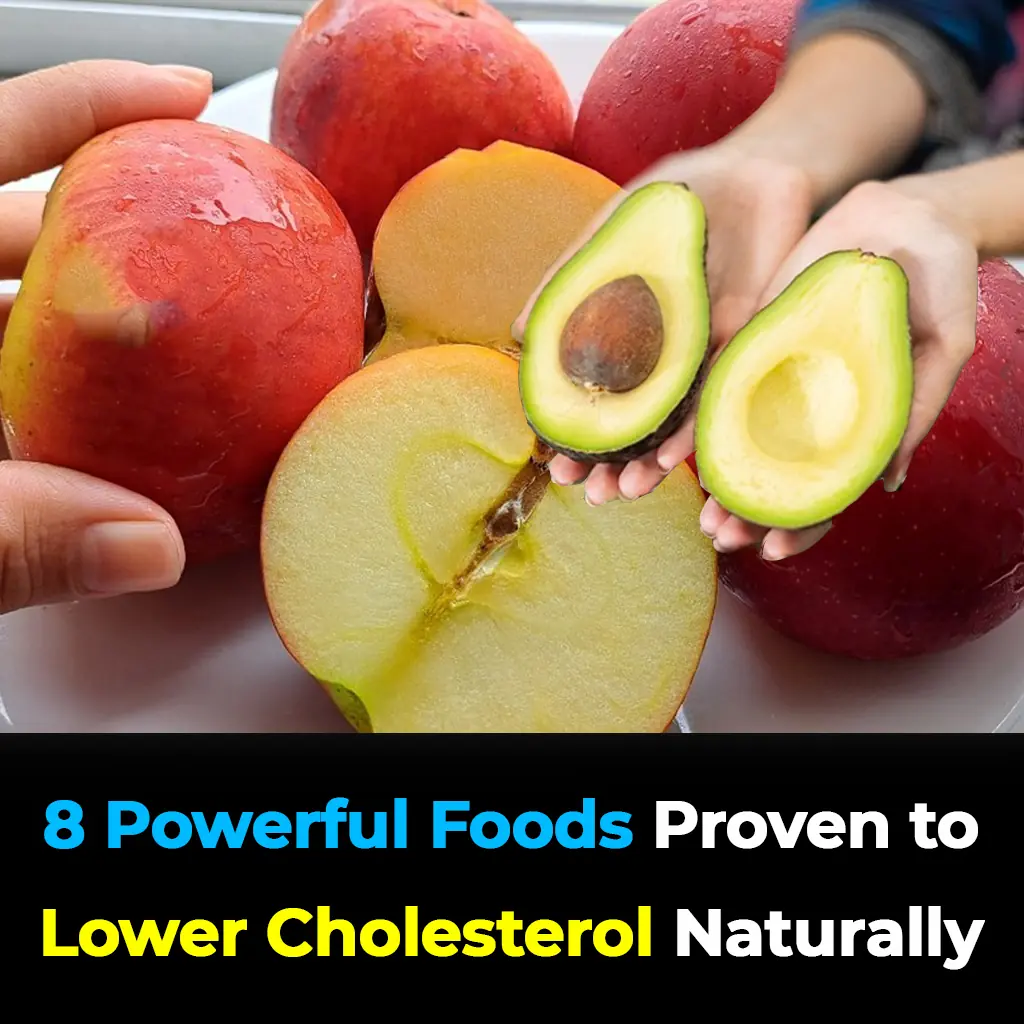
It’s about making gradual, sustainable swaps—cutting back on processed foods, replacing saturated fats with healthier ones, and prioritizing fiber-rich, nutrient-dense ingredients.
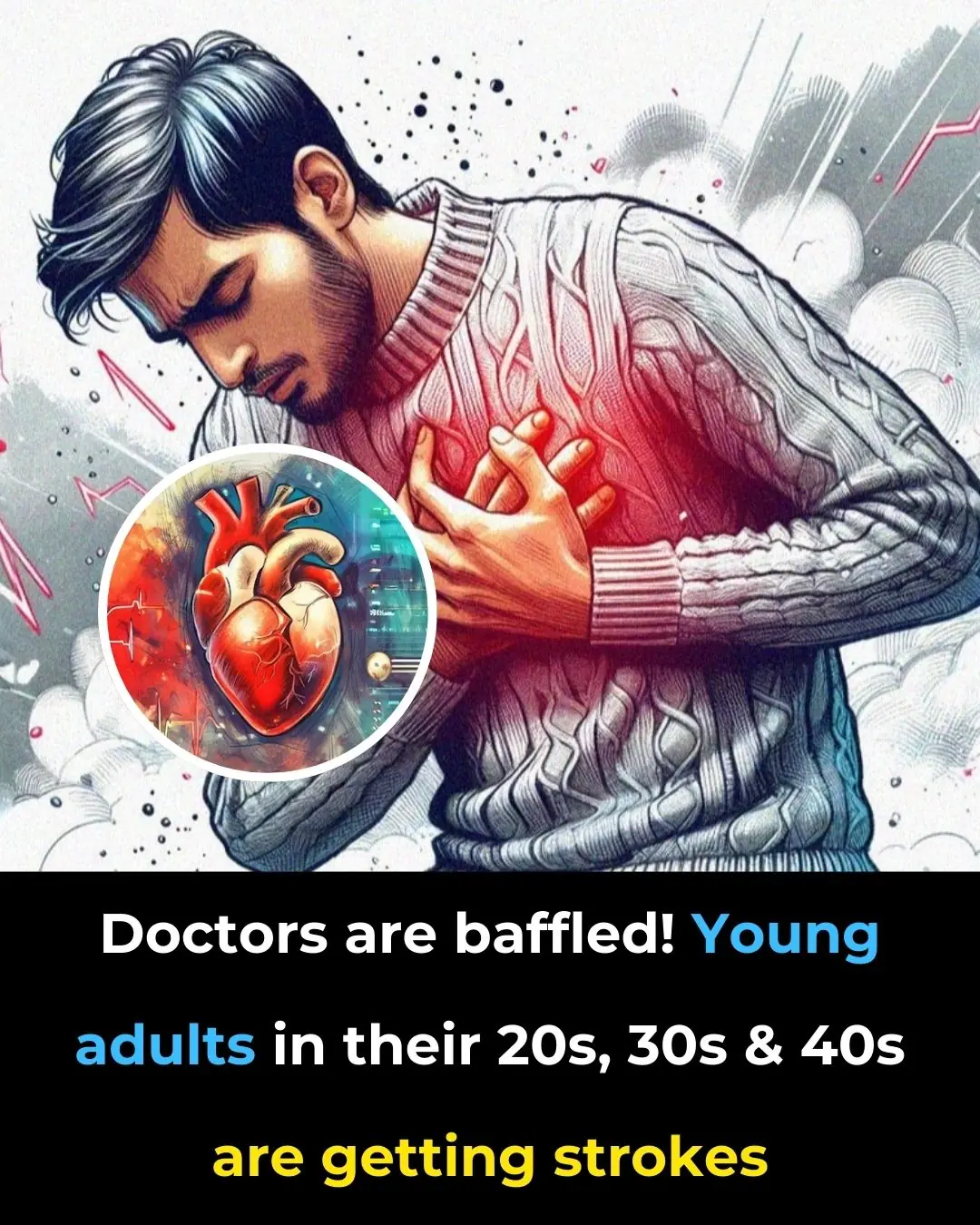

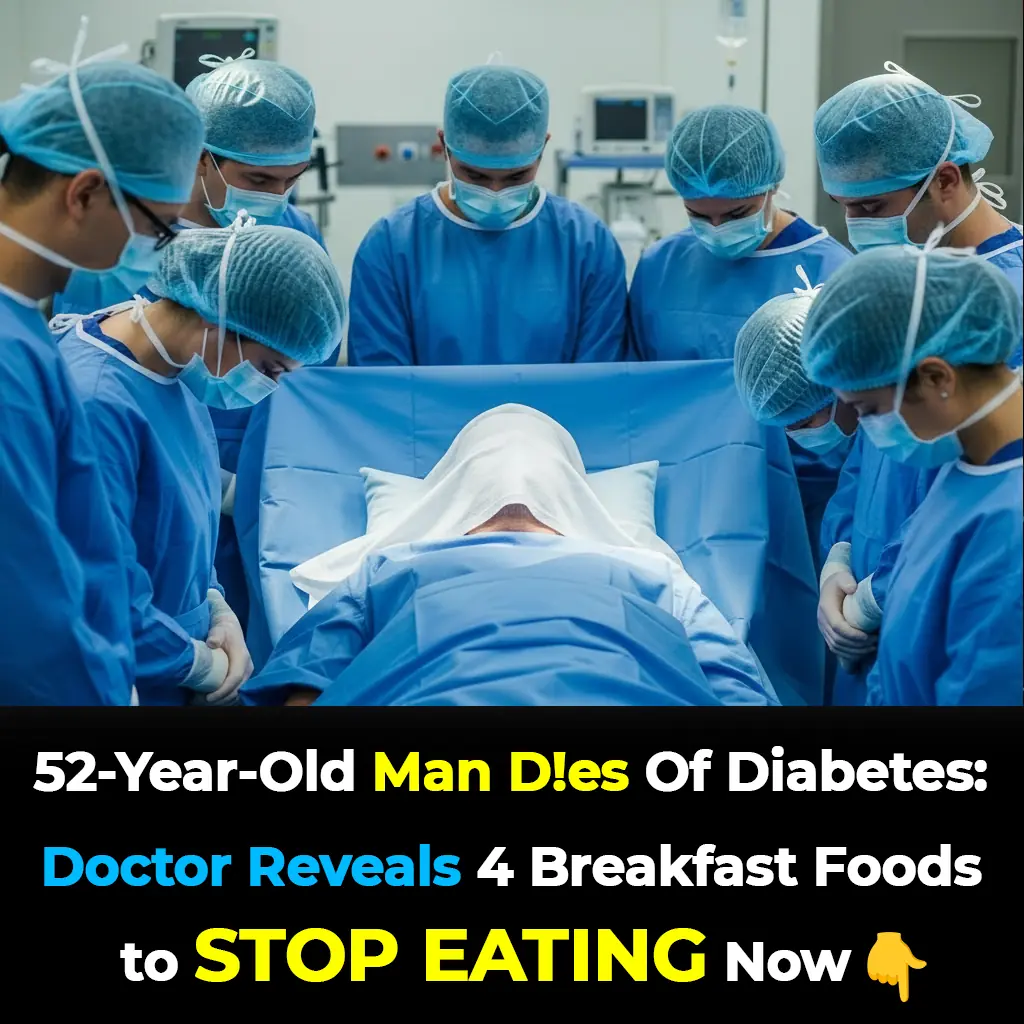
He thought he was strong and healthy, but one morning at work, his body gave in without warning. By the time he reached the hospital, it was too late. His story serves as a chilling reminder that what you eat for breakfast could quietly determine your ris
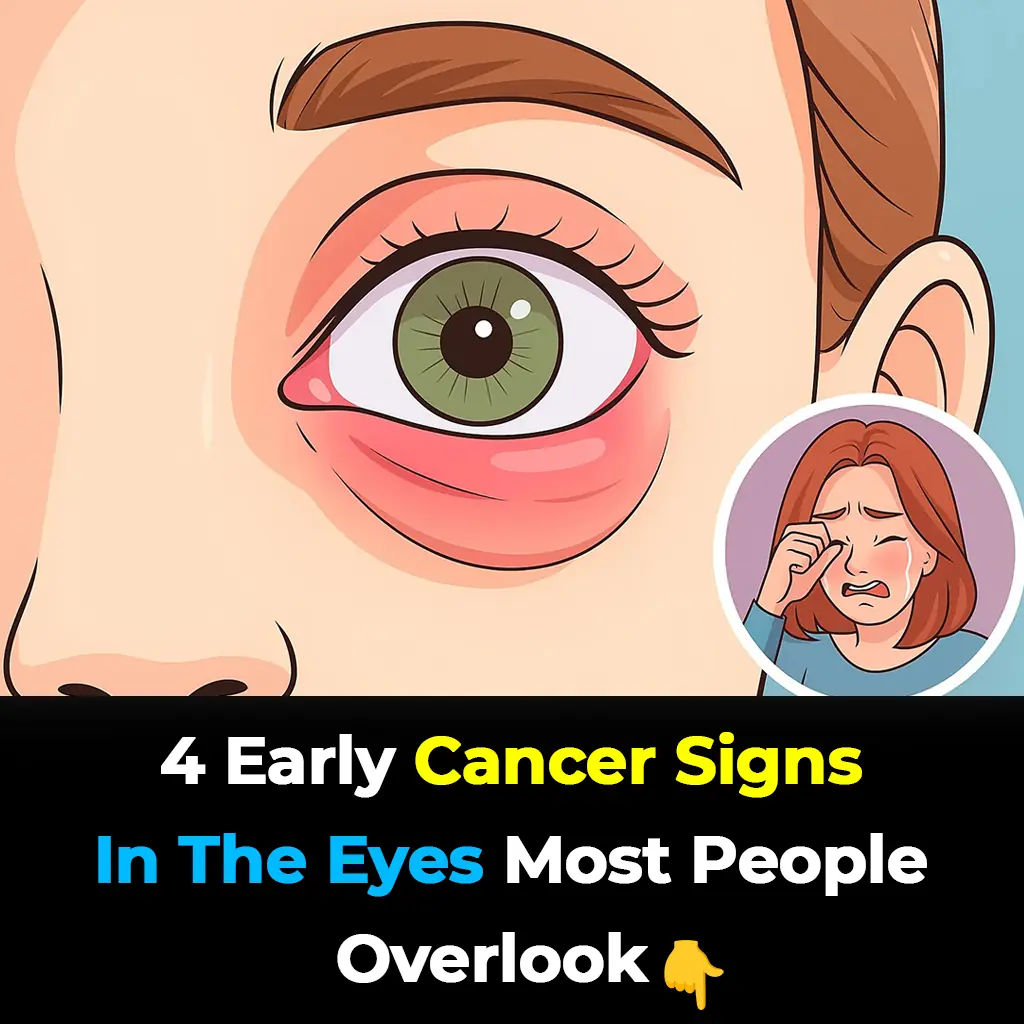
Your eyes do more than reflect emotions; they can also reveal critical clues about your overall health. Subtle changes in appearance, color, or vision may sometimes be early warning signs of dangerous cancers developing elsewhere in the body — long befo

The influence of a husband’s habits on his wife’s well-being is far greater than many couples realize. Small daily choices — whether neglecting exercise or lighting a cigarette — can quietly accumulate into significant health risks over time.
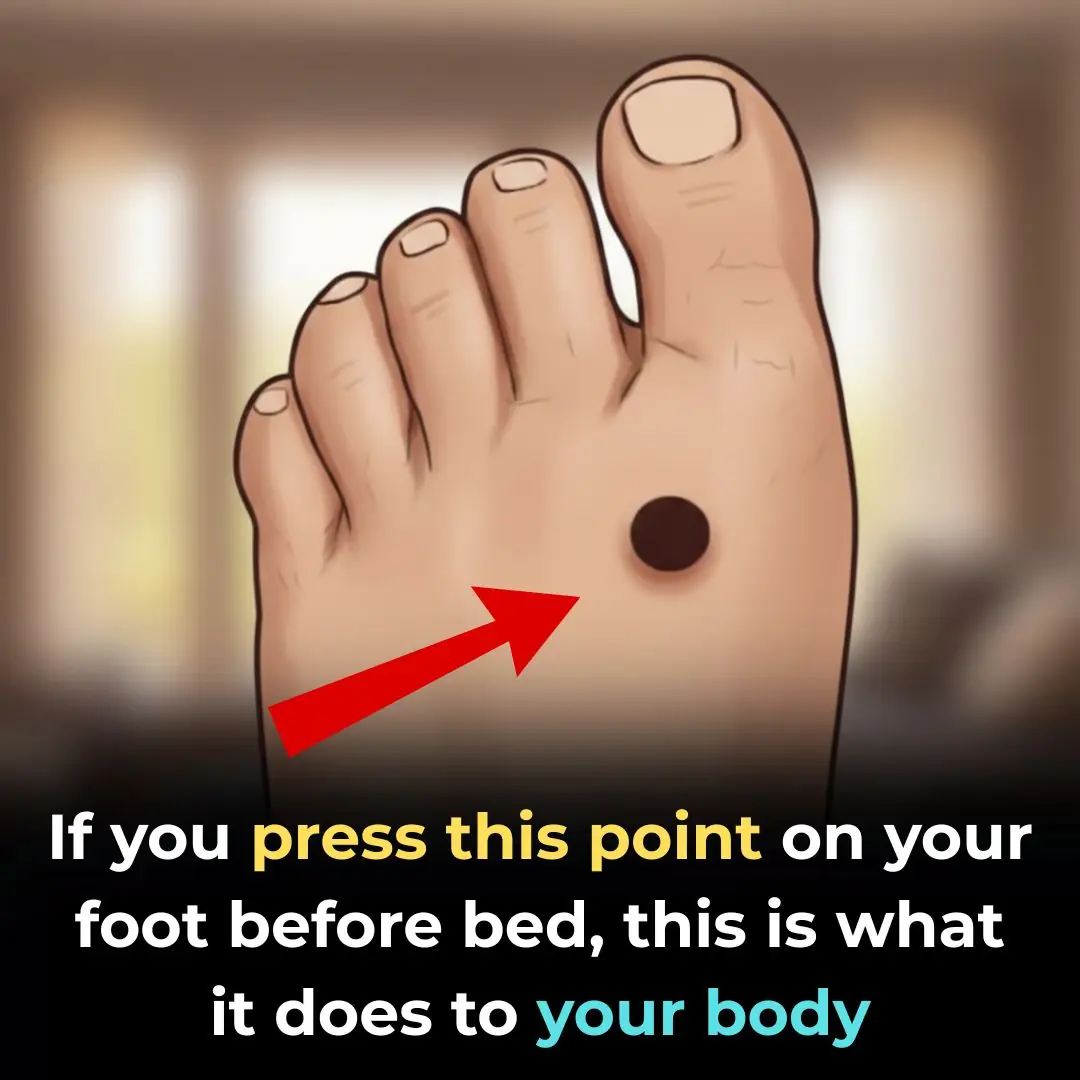




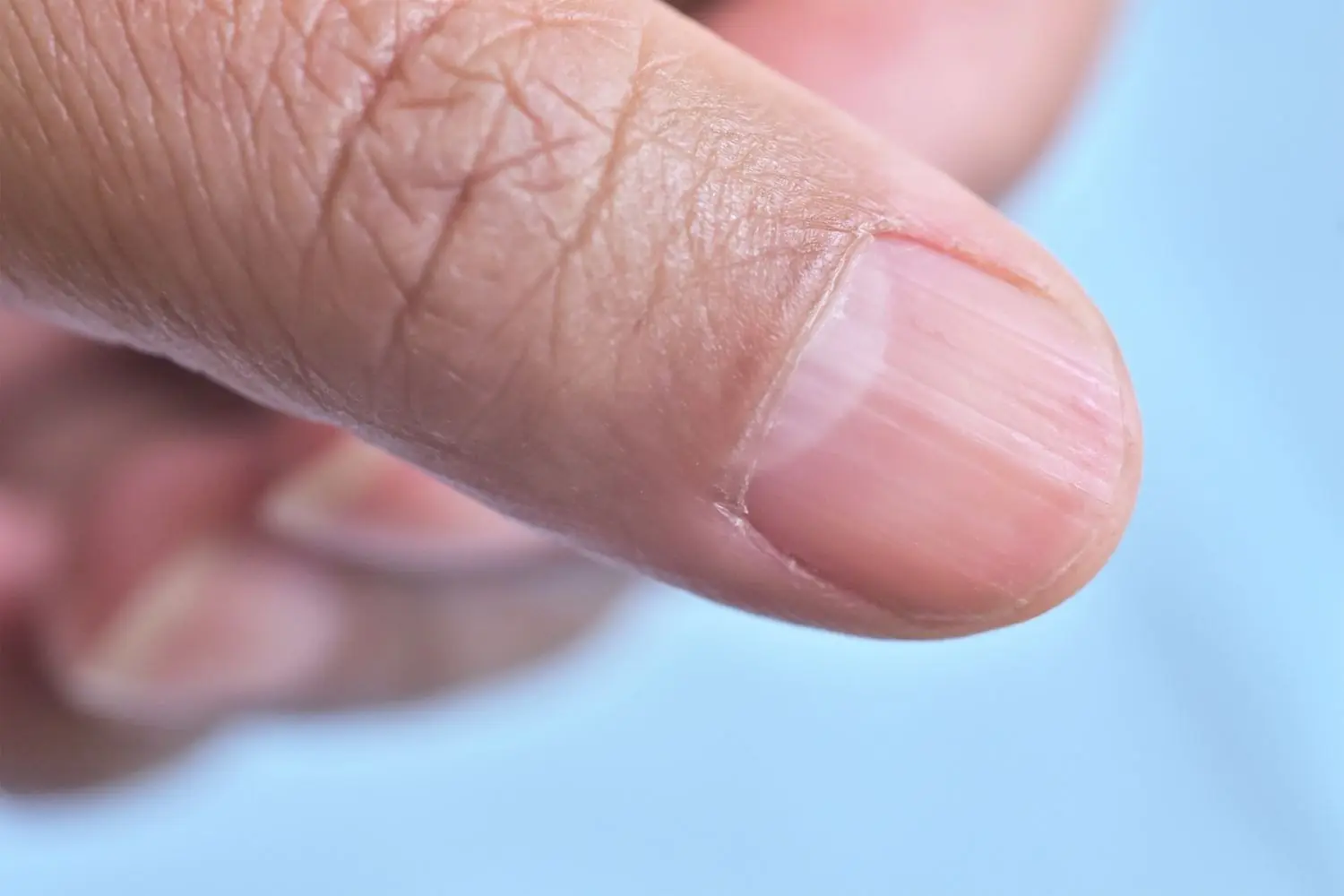



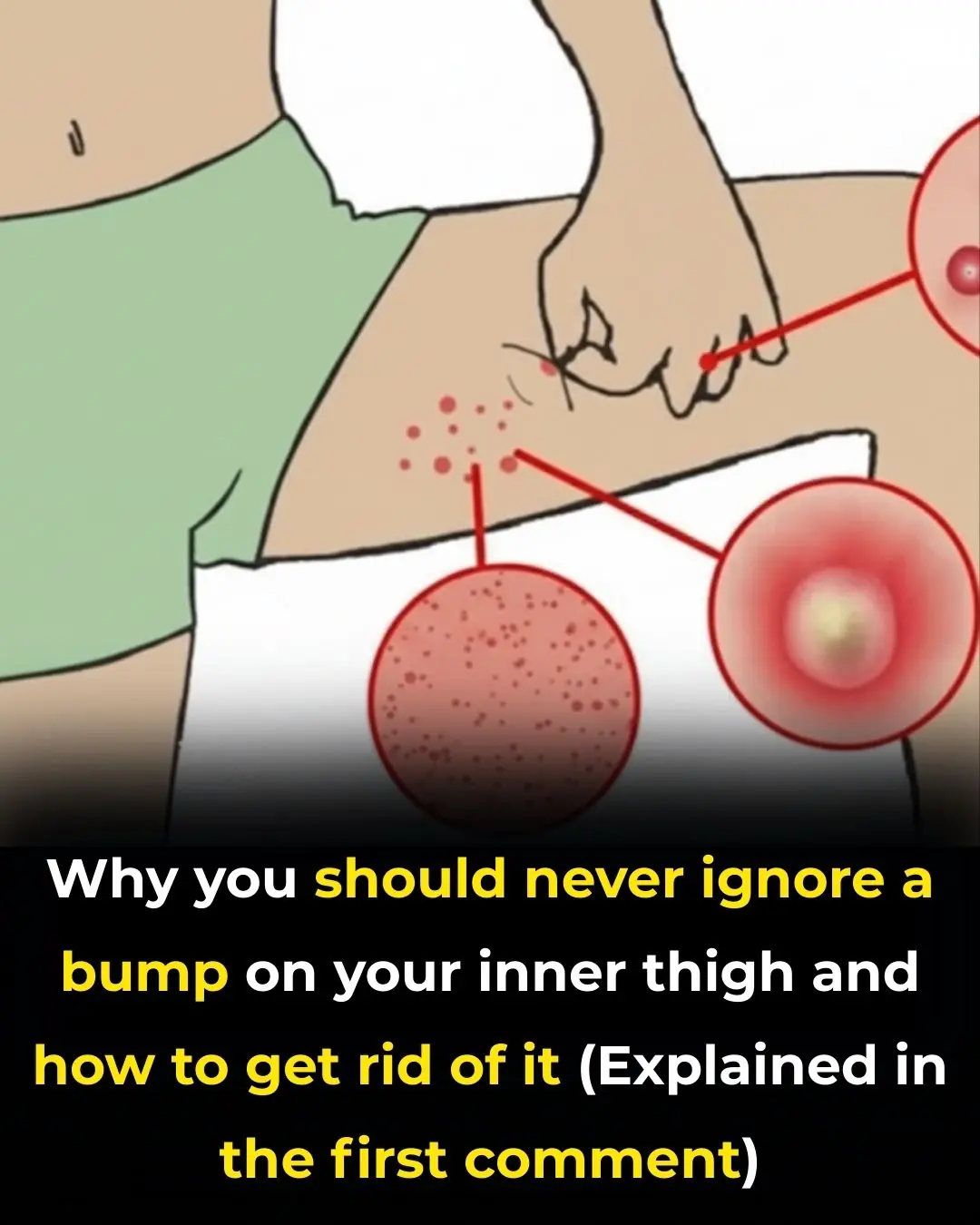
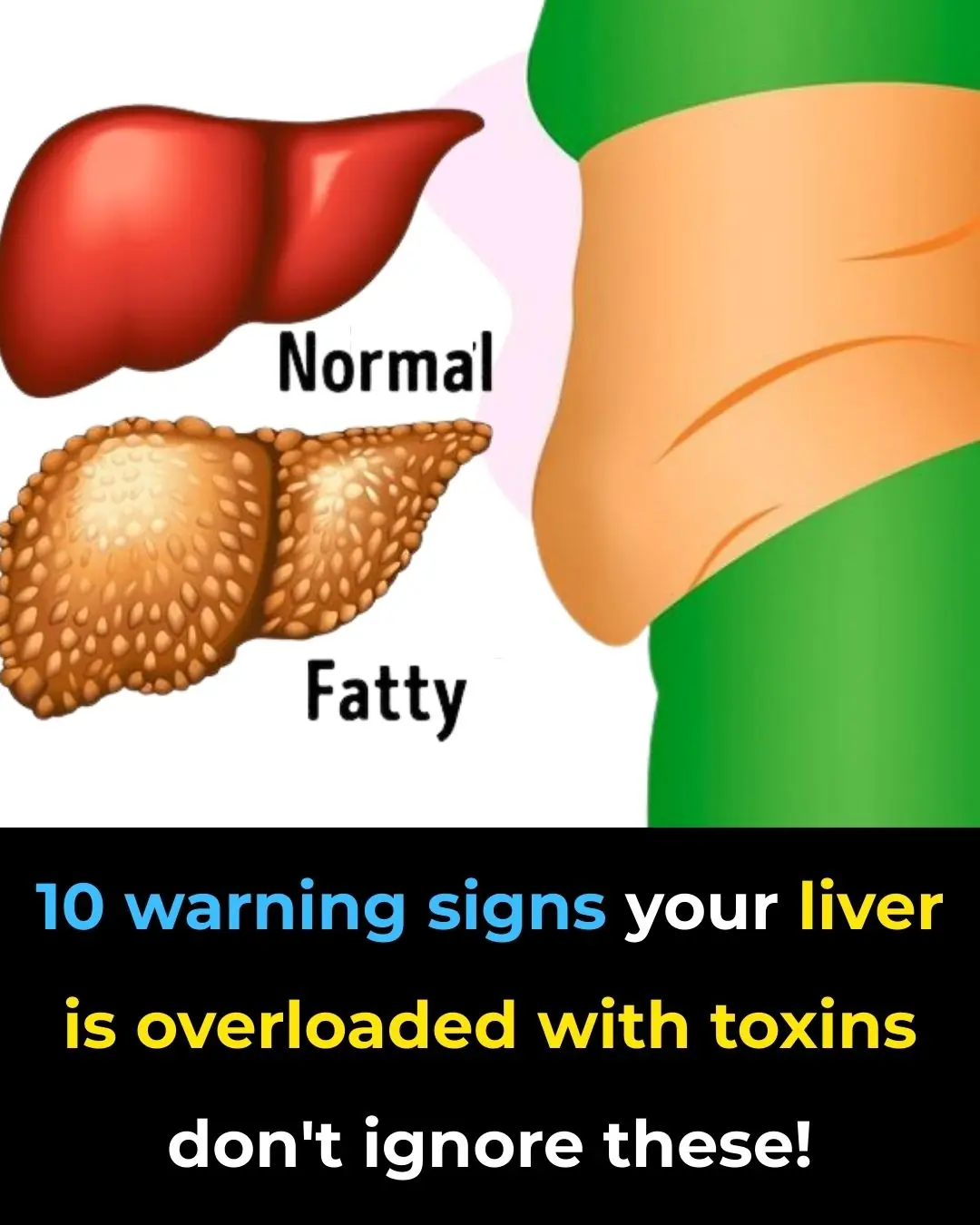
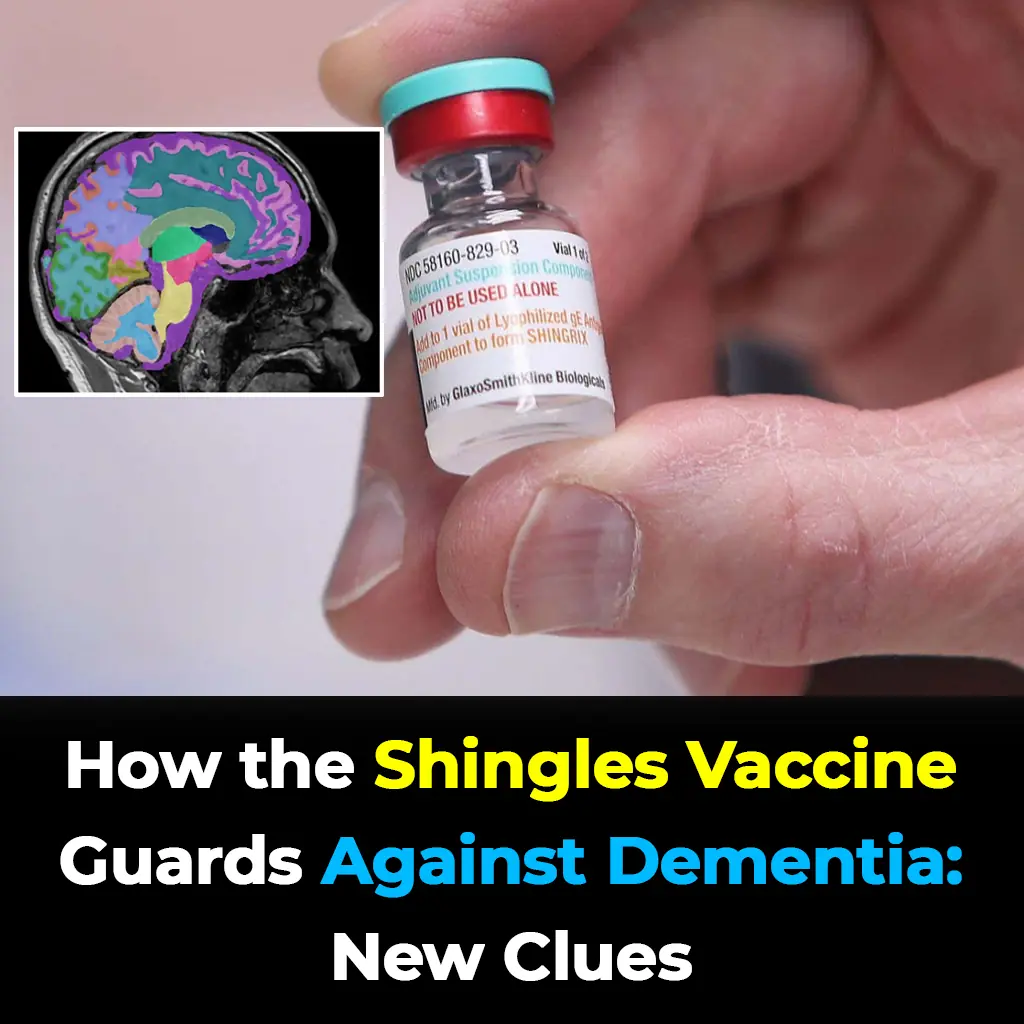
Could a simple vaccine hold the key to protecting the brain against one of the most feared diseases of aging?



Electric kettles are found in nearly every modern home, making it quick and easy to boil water for tea, coffee, or instant meals. But shocking warnings from health experts reveal that some kettles may release dangerous substances into the water you drink

Struggling with premature gray hair in your 20s or already noticing streaks of silver in your 30s and 40s? Don’t panic. While gray strands can feel like a dreaded sign of aging, nature offers surprising, inexpensive solutions that can help you regain yo

This variation transforms a simple bridge into a powerhouse move, strengthening not only your glutes but also your deep core muscles, lower back, and hip stabilizers.

It’s about making gradual, sustainable swaps—cutting back on processed foods, replacing saturated fats with healthier ones, and prioritizing fiber-rich, nutrient-dense ingredients.

With flaxseed gel, you’re not just applying moisture—you’re giving your skin the building blocks it needs to repair, renew, and glow from within.

With just two simple household ingredients, you can try a gentle, budget-friendly, and surprisingly effective solution at home.

Packed with anti-inflammatory, detoxifying, and soothing properties, cabbage is more than just a kitchen staple — it’s a hidden healing ally.


A single bowl of salt might seem insignificant, but its impact on your fridge — and your household — is anything but small.


he peel is not harmful; in fact, it carries unique benefits. By using ginger correctly and storing it properly, you can unlock its full potential for boosting immunity, improving circulation, and keeping your

Plastic wrap is undeniably convenient, but it must be used correctly. Missteps like reusing, heating, or buying low-quality products can gradually harm your body.

He thought he was strong and healthy, but one morning at work, his body gave in without warning. By the time he reached the hospital, it was too late. His story serves as a chilling reminder that what you eat for breakfast could quietly determine your ris

Your eyes do more than reflect emotions; they can also reveal critical clues about your overall health. Subtle changes in appearance, color, or vision may sometimes be early warning signs of dangerous cancers developing elsewhere in the body — long befo

The influence of a husband’s habits on his wife’s well-being is far greater than many couples realize. Small daily choices — whether neglecting exercise or lighting a cigarette — can quietly accumulate into significant health risks over time.

